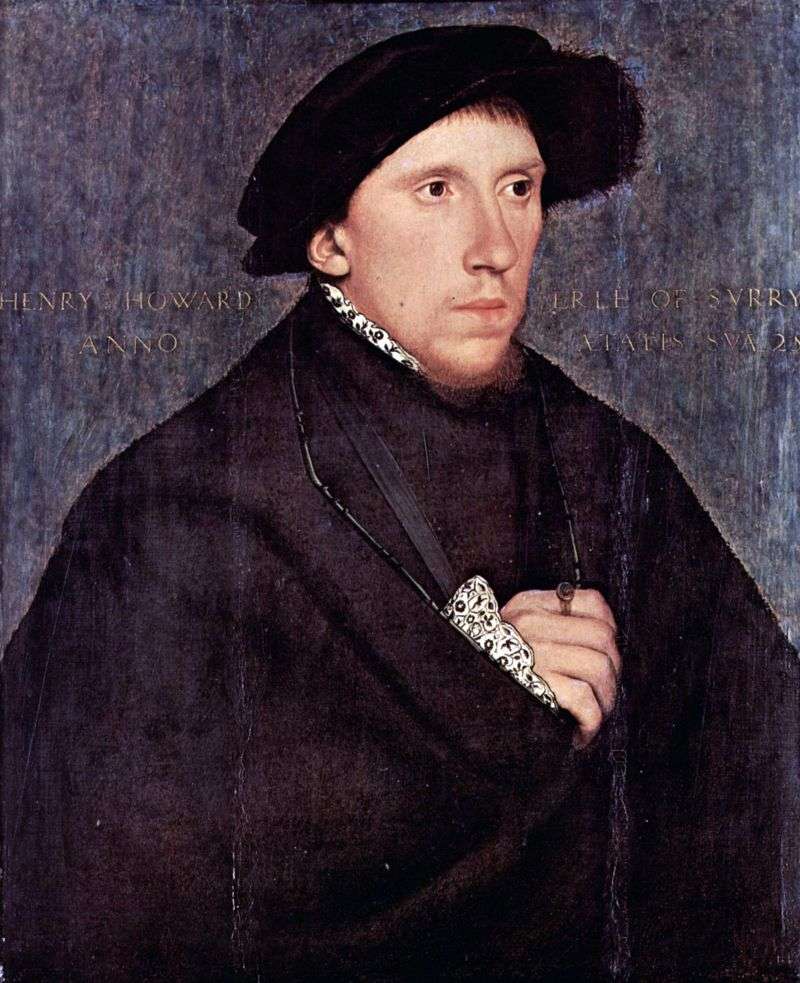
Henry Howard, Earl of Surrey – the famous sings, aristocrat, one of the founders of English Renaissance poetry was the son of Thomas Howard Surrey, the IIIrd Duke of Norfolk, an approximate king and opposition leader to the Anglican reforms of Henry VIII. In 1542, Henry participated in the English invasion of Scotland, and in 1543-1546. accompanied the king in campaigns to Flanders and France.
Howards at the court of Henry VIII vied with the relatives of Jane Seymour, the third wife of the king. In 1537 Henry Howard, Earl of Surrey at the instigation of Seymour was arrested and accused of sympathy for the Catholic uprising in northern England. He was arrested, imprisoned in the Tower and in 1547 executed, 9 days before the death of Henry VIII. His father the Duke of Norfolk was also sentenced to death, but the king died at night, on the eve of his execution and Norfolk pardoned, although from prison released after a long 6 years.
Looking at the portrait of Henry Howard, performed by Hans Holbein the Younger, we are convinced of the exceptional giftedness of the portrait painter, his ability to give the most accurate psychological characteristics to the hero of the picture. Restrained colors and unearthly, barely perceptible radiance around the poet’s figure, a look directed to unknown poetic distances – all these picturesque details show that we are a true poet.
But first of all, before us – passionately, inspiringly believing Catholic. Look at his face: fanatical intransigence in the eye, steadfastness, determination and iron will, softened a little by the soft outline of youthful swollen lips. Even the clothes of the poet in form and color resemble a monastic hood, there is no ostentation of luxury, expensive fabrics and furs.
Aristocraticly exquisite cuffs and collar barely look out from under the dark cloak-cape, hands are folded almost prayerfully – everything speaks for firmness of spirit and intentions. And the intentions were not simple: again to persuade Henry VIII to Catholicism, despite the fact that the king had long led his own Anglican church, interrupted his relations with the Pope and did not recognize his authority.
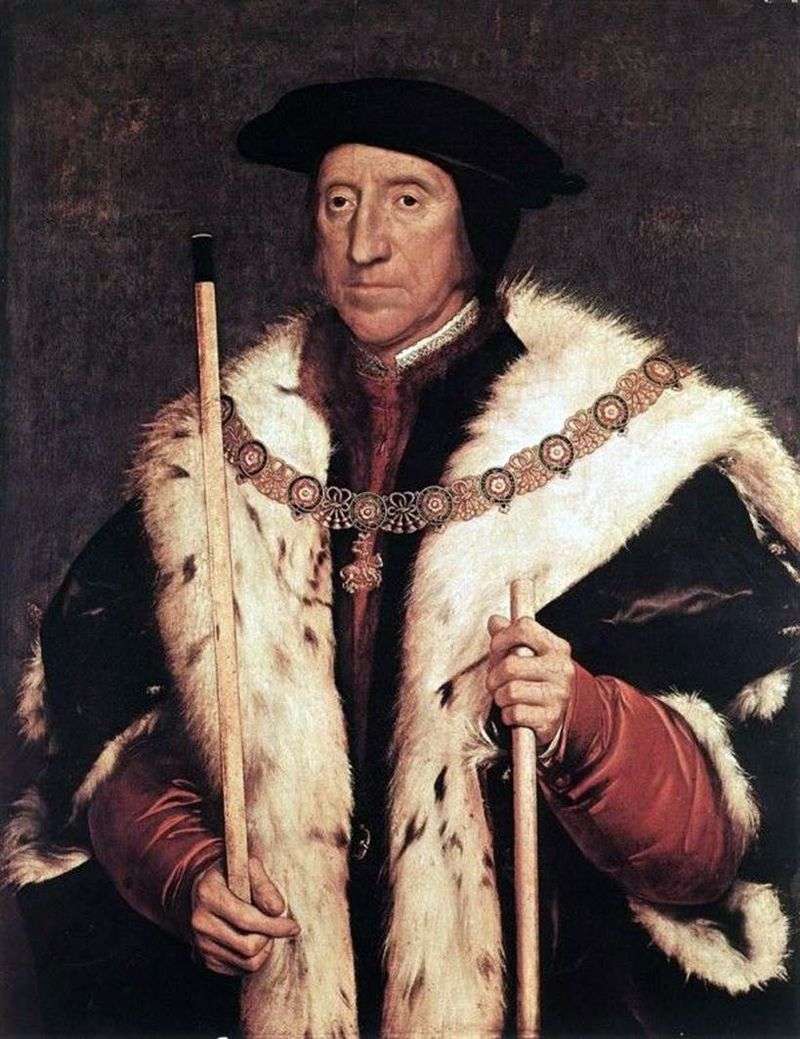 Portrait of Thomas Howard, Duke of Norfolk by Hans Holbein
Portrait of Thomas Howard, Duke of Norfolk by Hans Holbein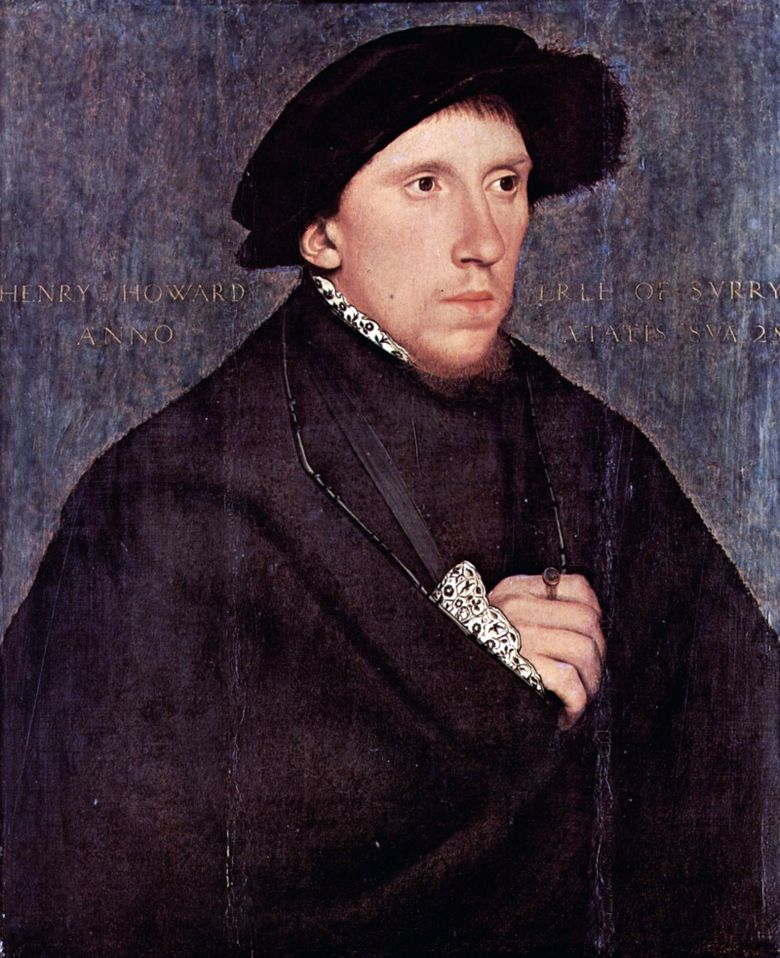 Portrait d’Henry Howard – Hans Holbein
Portrait d’Henry Howard – Hans Holbein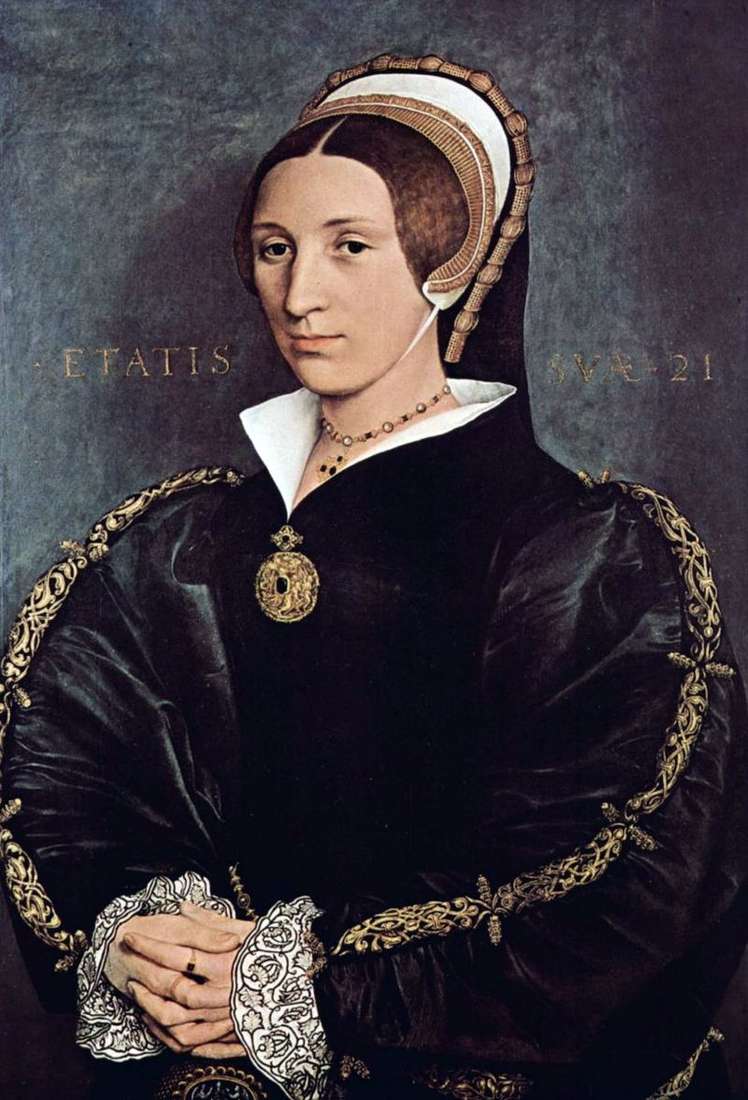 Portrait of Catherine Howard, the fifth wife of King Henry VIII by Hans Holbein
Portrait of Catherine Howard, the fifth wife of King Henry VIII by Hans Holbein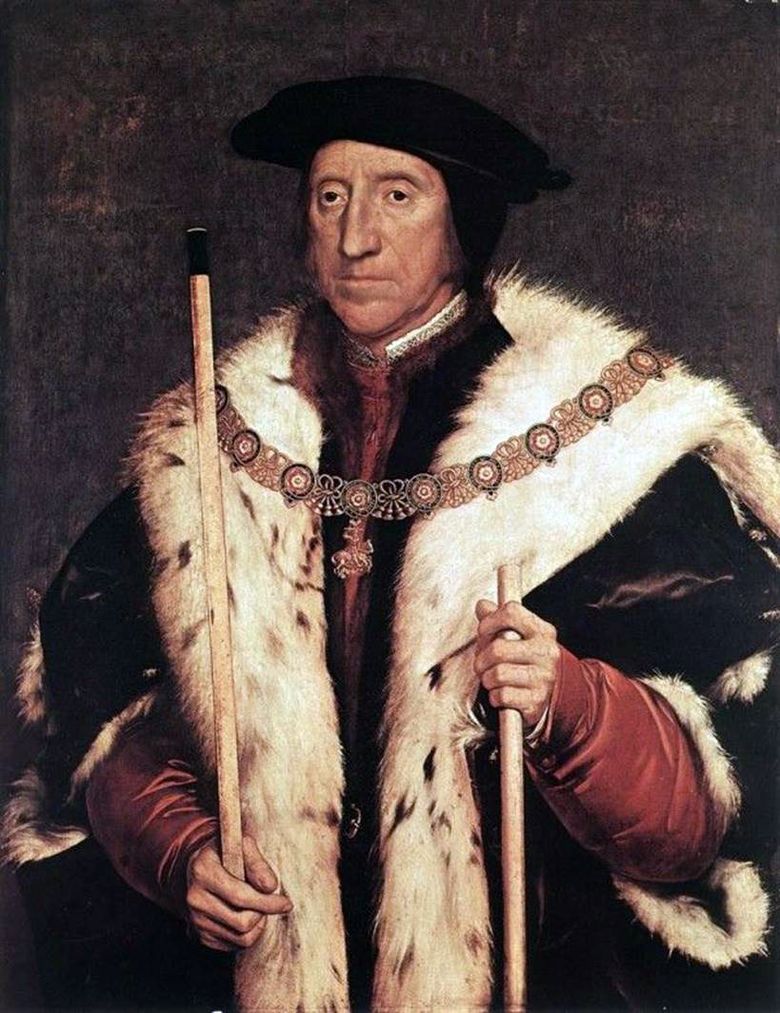 Portrait de Thomas Howard, duc de Norfolk – Hans Holbein
Portrait de Thomas Howard, duc de Norfolk – Hans Holbein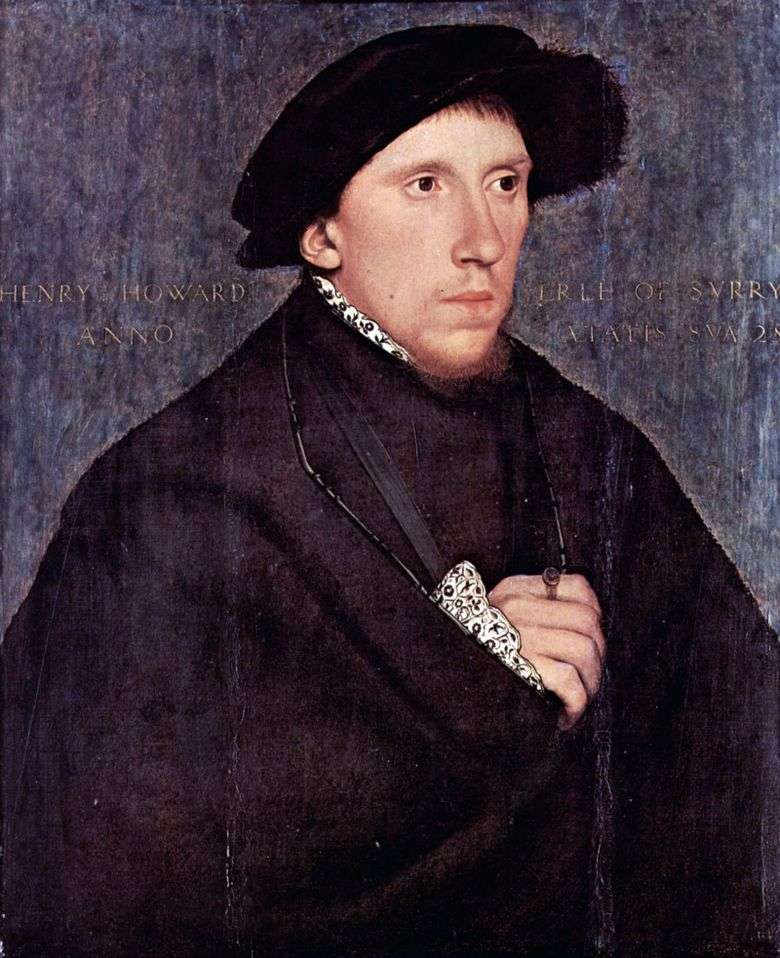 Retrato de Henry Howard – Hans Holbein
Retrato de Henry Howard – Hans Holbein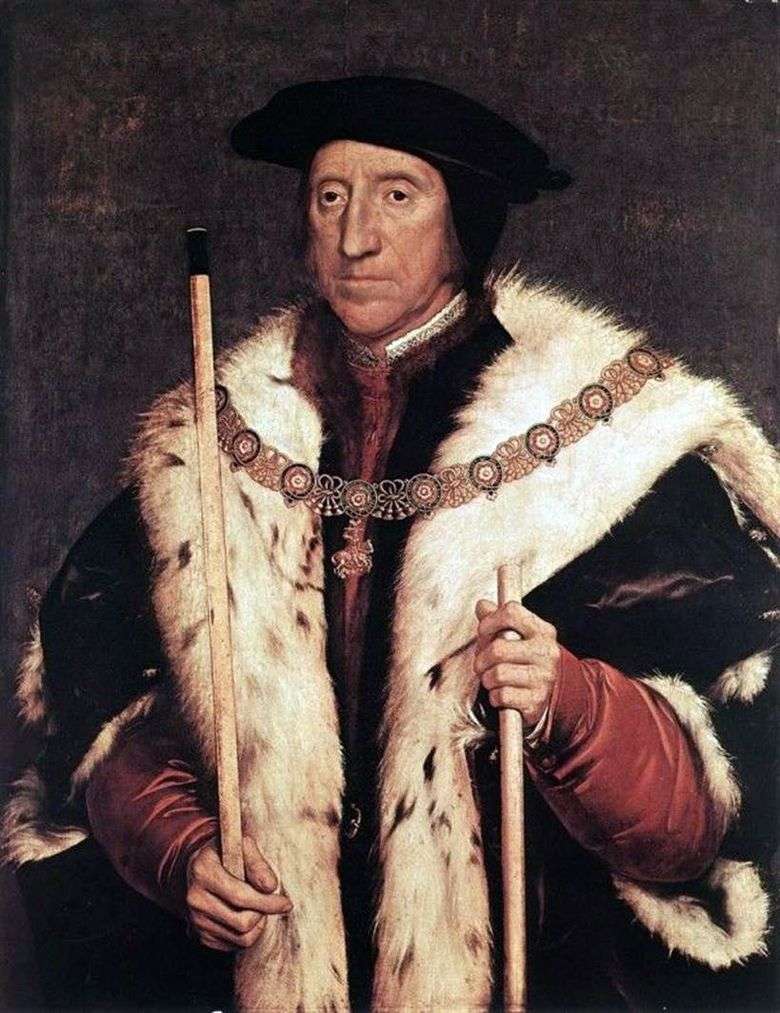 Retrato de Thomas Howard, duque de Norfolk – Hans Holbein
Retrato de Thomas Howard, duque de Norfolk – Hans Holbein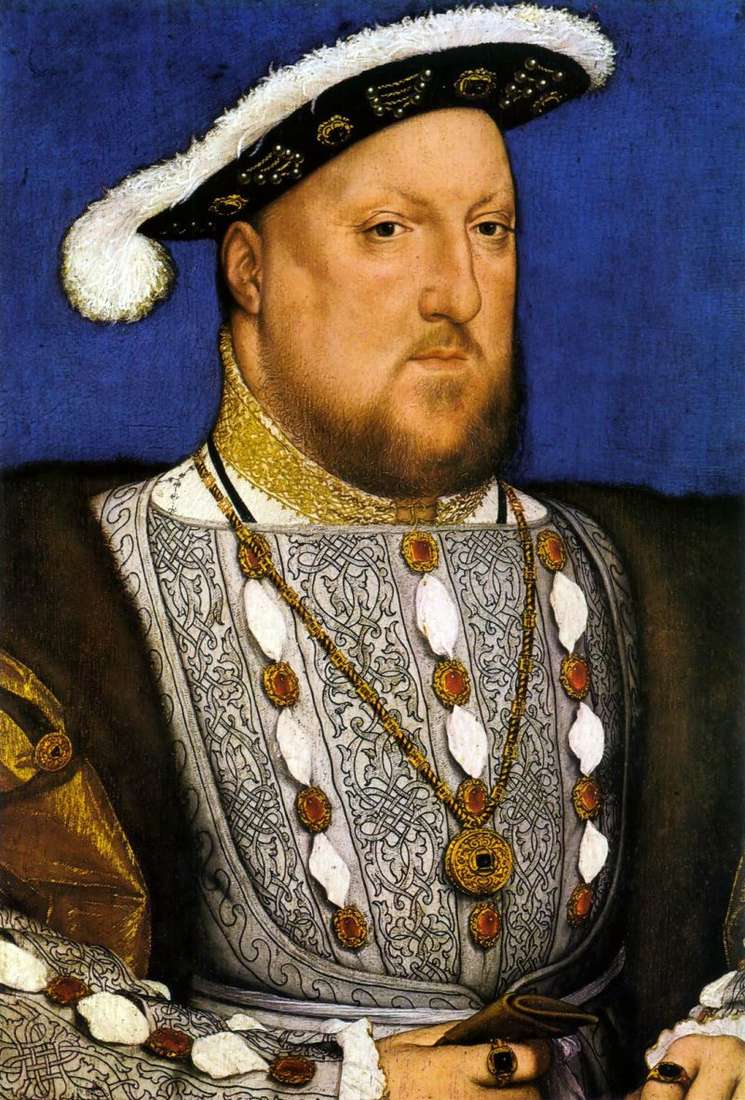 Portrait of Henry VIII by Hans Holbein
Portrait of Henry VIII by Hans Holbein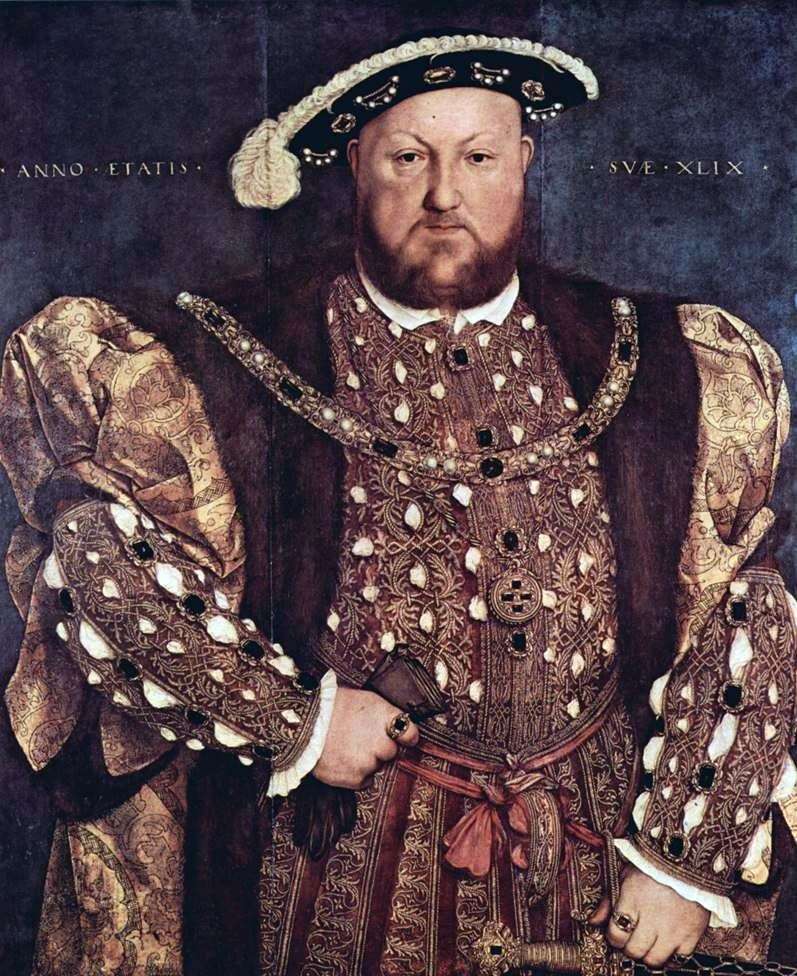 Portrait of King Henry VIII by Hans Holbein
Portrait of King Henry VIII by Hans Holbein